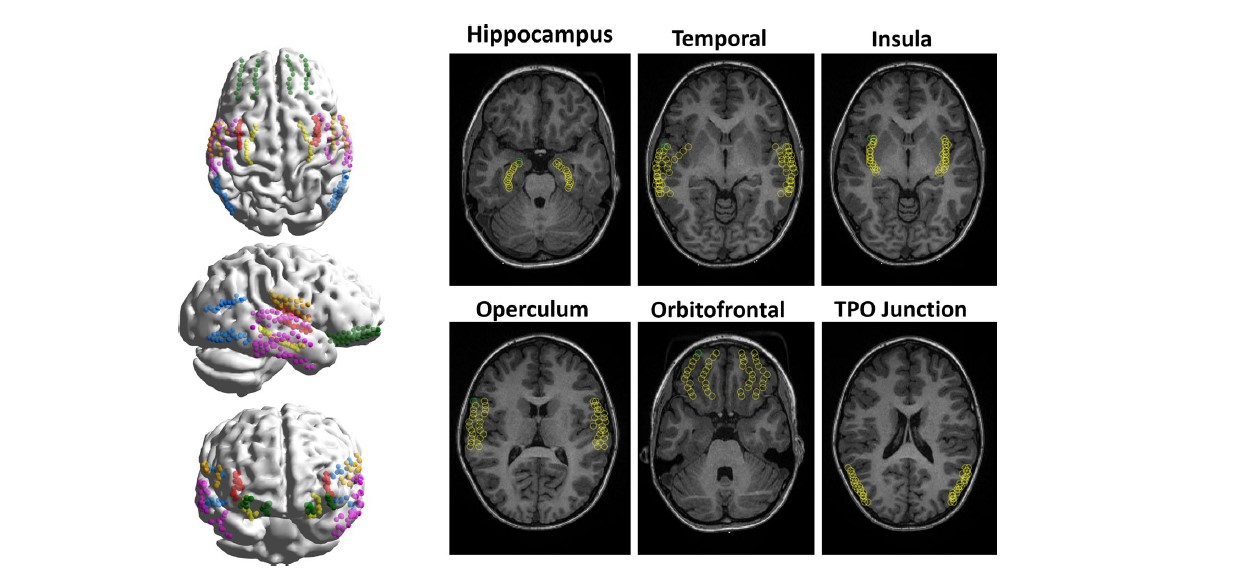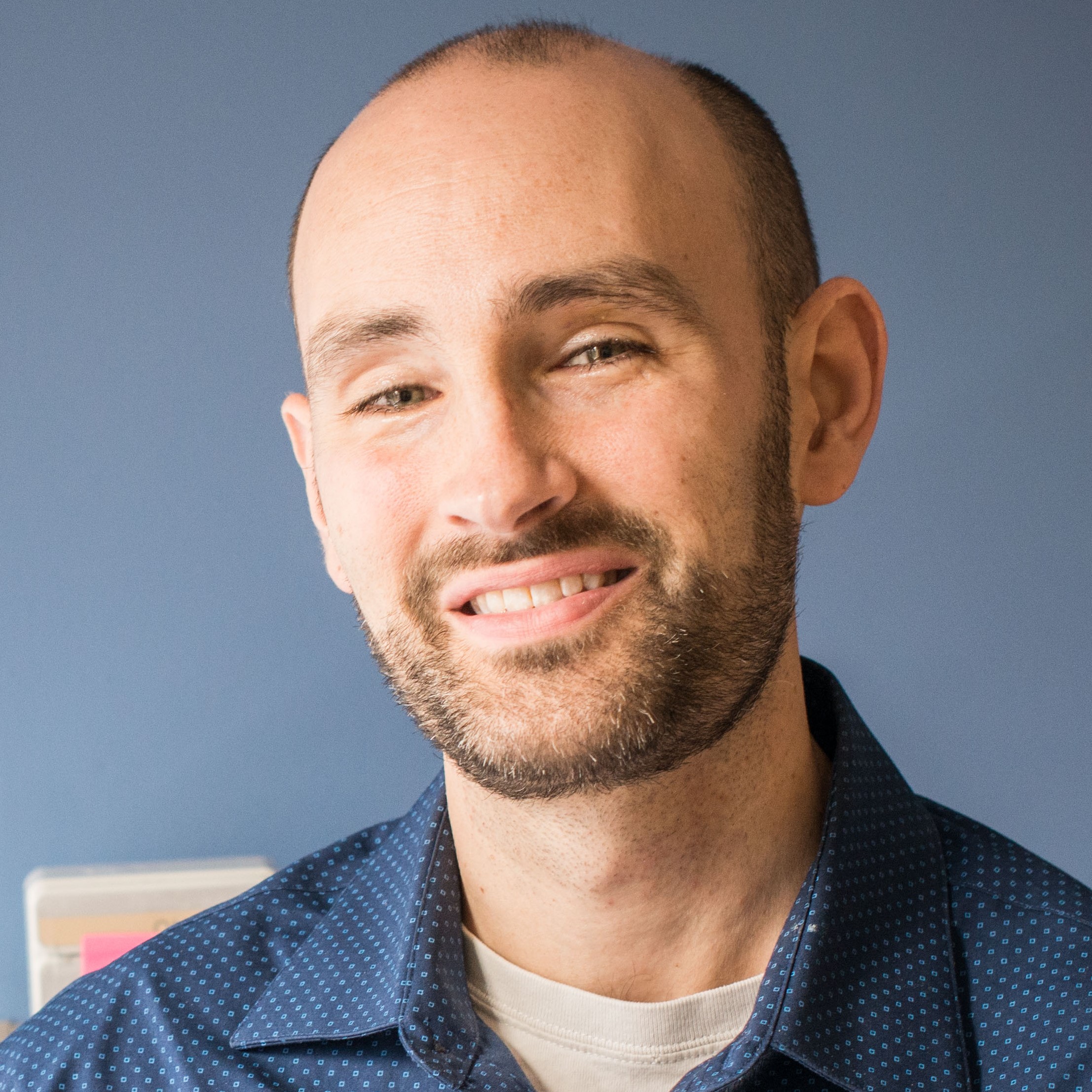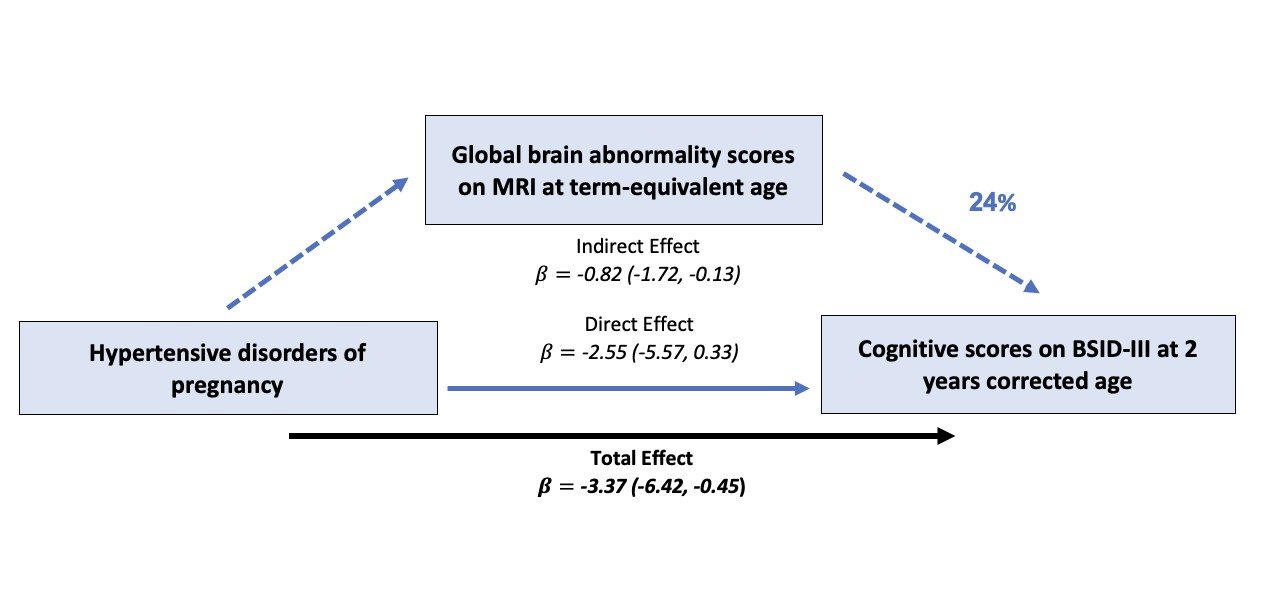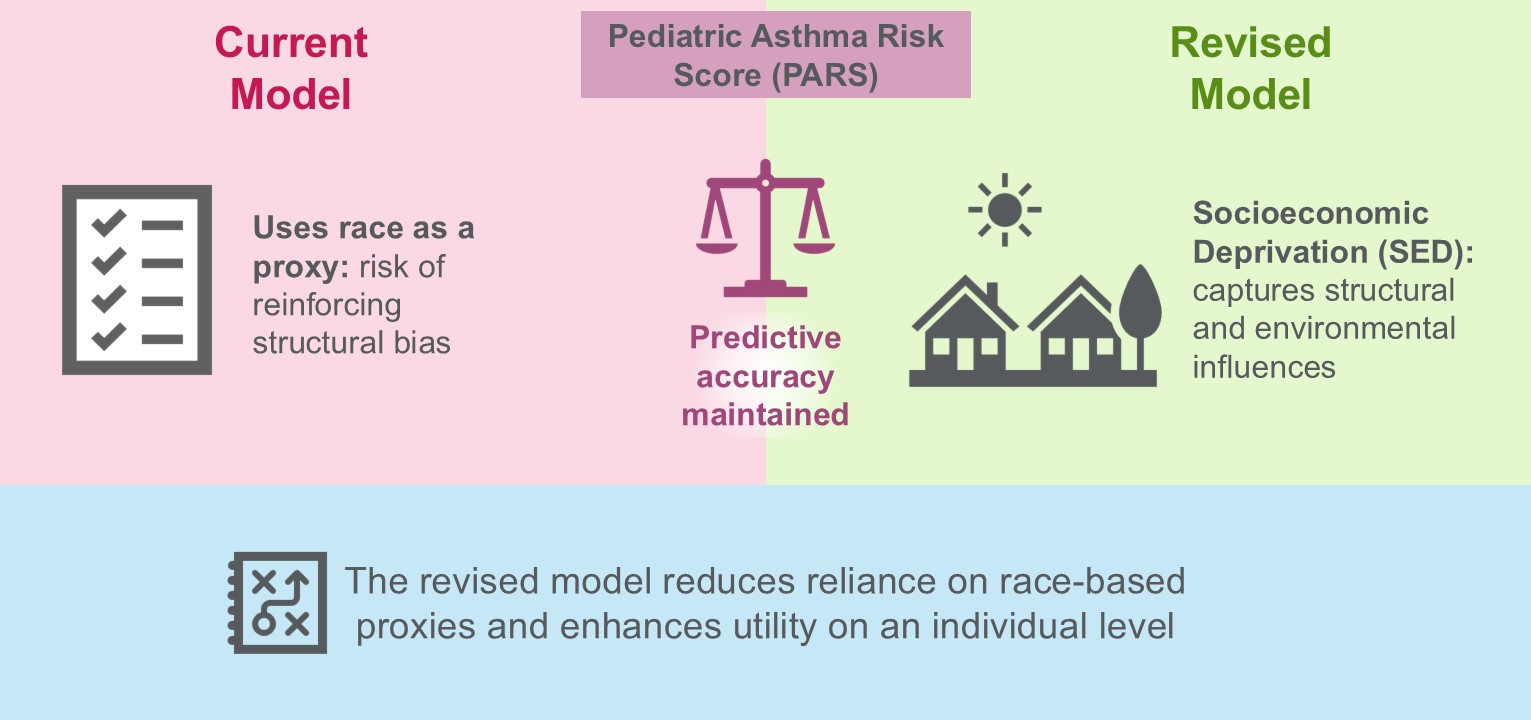Beamforming Technique May Improve Epilepsy Surgery Outcomes
Research By: Jeffrey Tenney, MD, PhD | Hansel Greiner, MD
Post Date: January 7, 2025 | Publish Date: Dec. 30, 2024

Even with years of improvements in surgical procedures to treat epilepsy seizures, up to 25% of children receiving temporal lobectomies continue to suffer from seizures.
Now, a study led by researchers at Cincinnati Children’s reports that an imaging technique called user-defined virtual sensor (UDvs) beamforming can help experts find seizure onset zones beyond the temporal lobe that other methods often cannot detect. Findings were published online Dec. 30, 2024, in Epilepsia.
Beamforming is a signal processing technique that enhances non-invasive MEG (magnetoencephalography) scans to allow more accurate pinpointing of sources of neural activity within deep brain tissues. In this study—led by Jeffrey Tenney, MD, PhD, and Hansel Greiner, MD, with the Division of Neurology at Cincinnati Children’s—MEG-based beamforming images appeared to be more effective than other methods at determining which patients would benefit from intracranial EEG (iEEG) monitoring prior to resection surgery.
“This paradigm could preoperatively identify children with a TLE+ network who may benefit from iEEG prior to consideration of resection and identify brain regions to be explored with iEEG. This could result in decreased failure rates in temporal lobe epilepsy surgery and improved seizure-free outcomes,” the co-authors state.
Cincinnati Children’s co-authors on the study included Hisako Fujiwara, PhD, Jesse Skoch, MD, Paul Horn, PhD, Seungrok Hong, BS, Olivia Lee, BS, Kelly Kremer, MD, Ravindra Arya, MD, DM, Katherine Holland, MD, PhD, and Francesco Mangano, DO. Funding sources included a grant from the National Institute of Neurological Disorders and Stroke (5R21NS123630).
Don’t Miss a Post:
- Subscribe to the Research Horizons Newsletter
- Follow Cincinnati Children’s Research Foundation on BlueSky: @cincyresearch
| Original title: | User-defined virtual sensors: A new solution to the problem of temporal plus epilepsy sources |
| Published in: | Epilepsia |
| Publish date: | Dec. 30, 2024 |
Research By

In my research, I focus on trying to better understand how seizures start and spread in the brain.

Through my research, I want to find a better way to identify areas of cortical dysplasia that causes seizures. I also want to find a better way to identify important language areas in children who need surgery.







